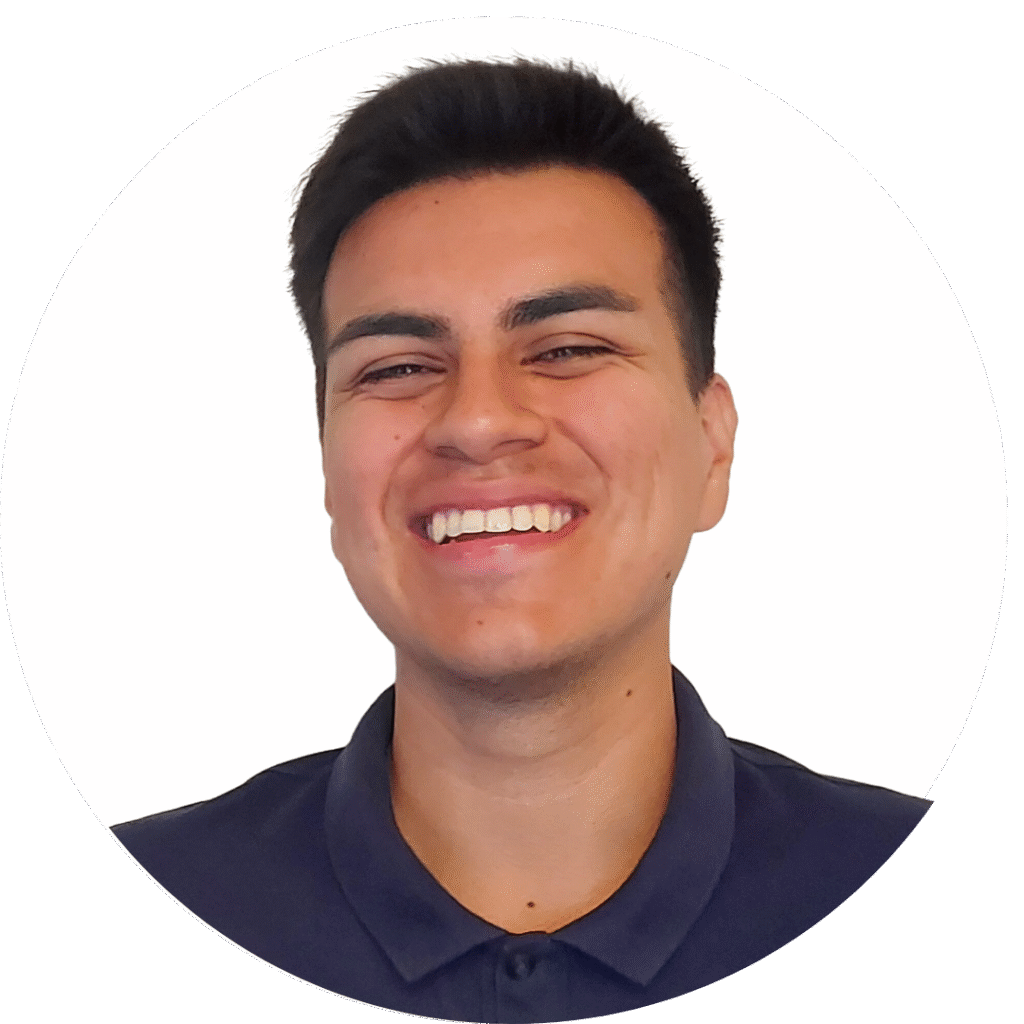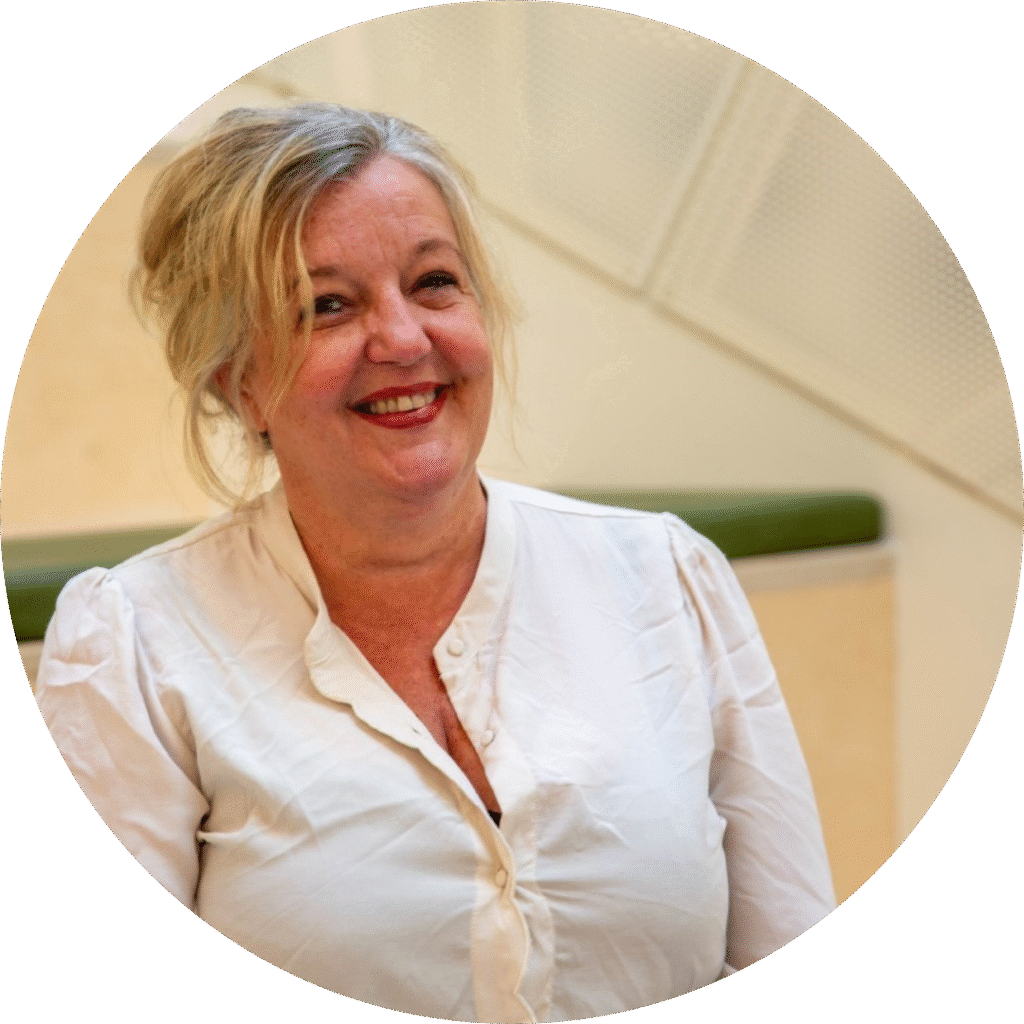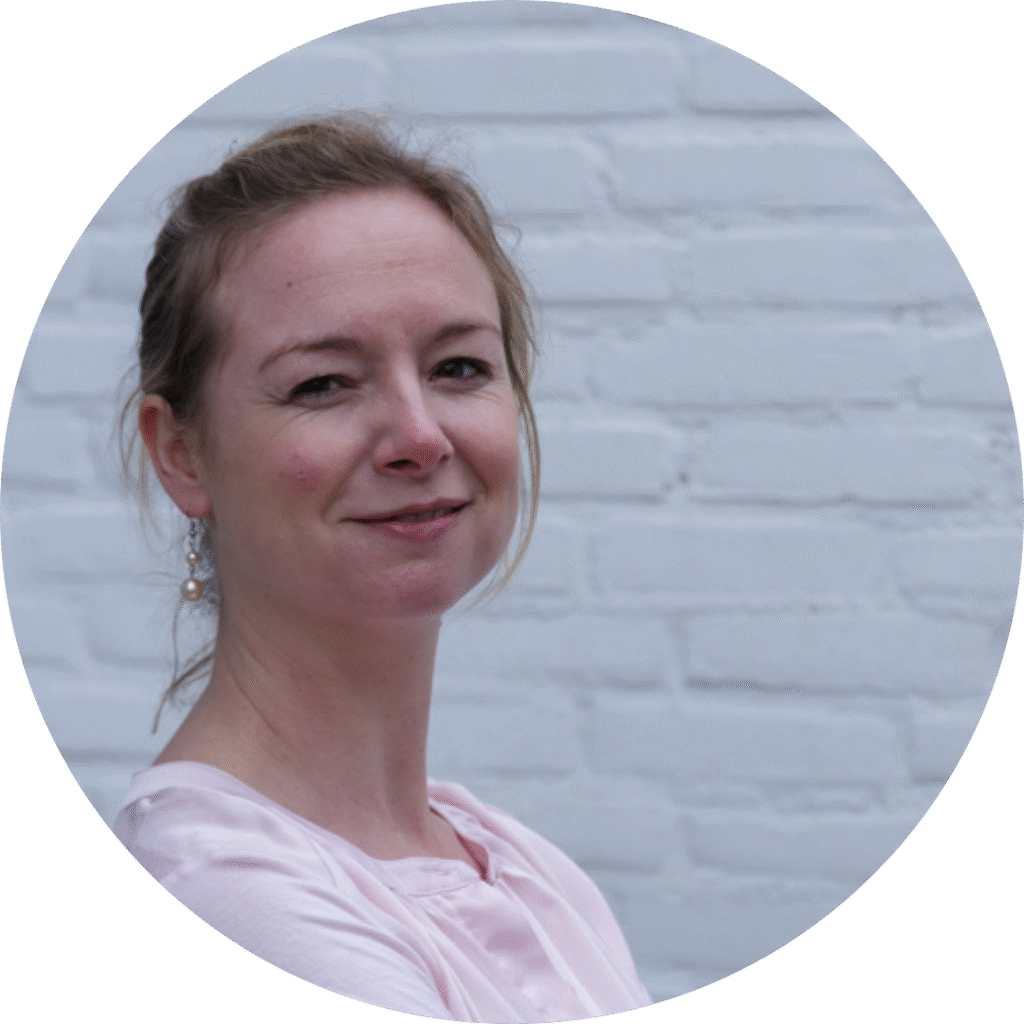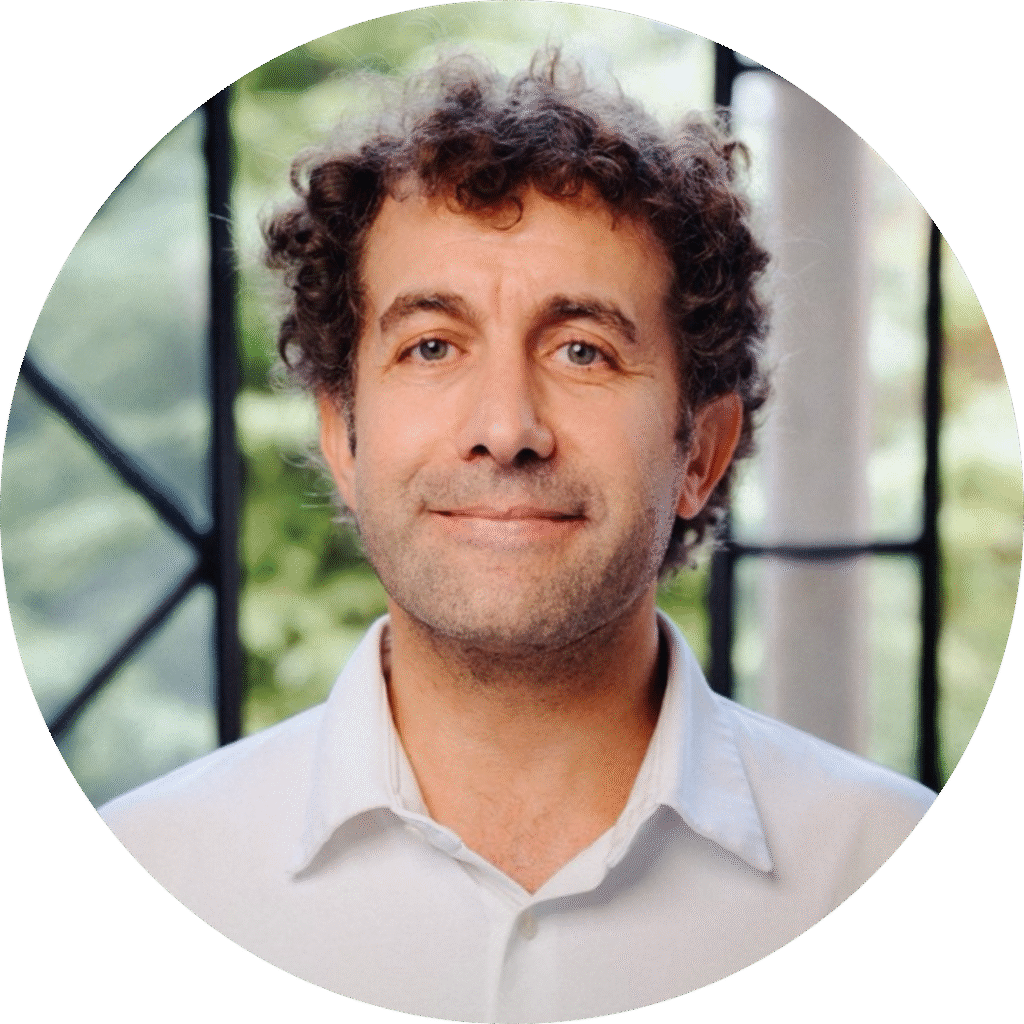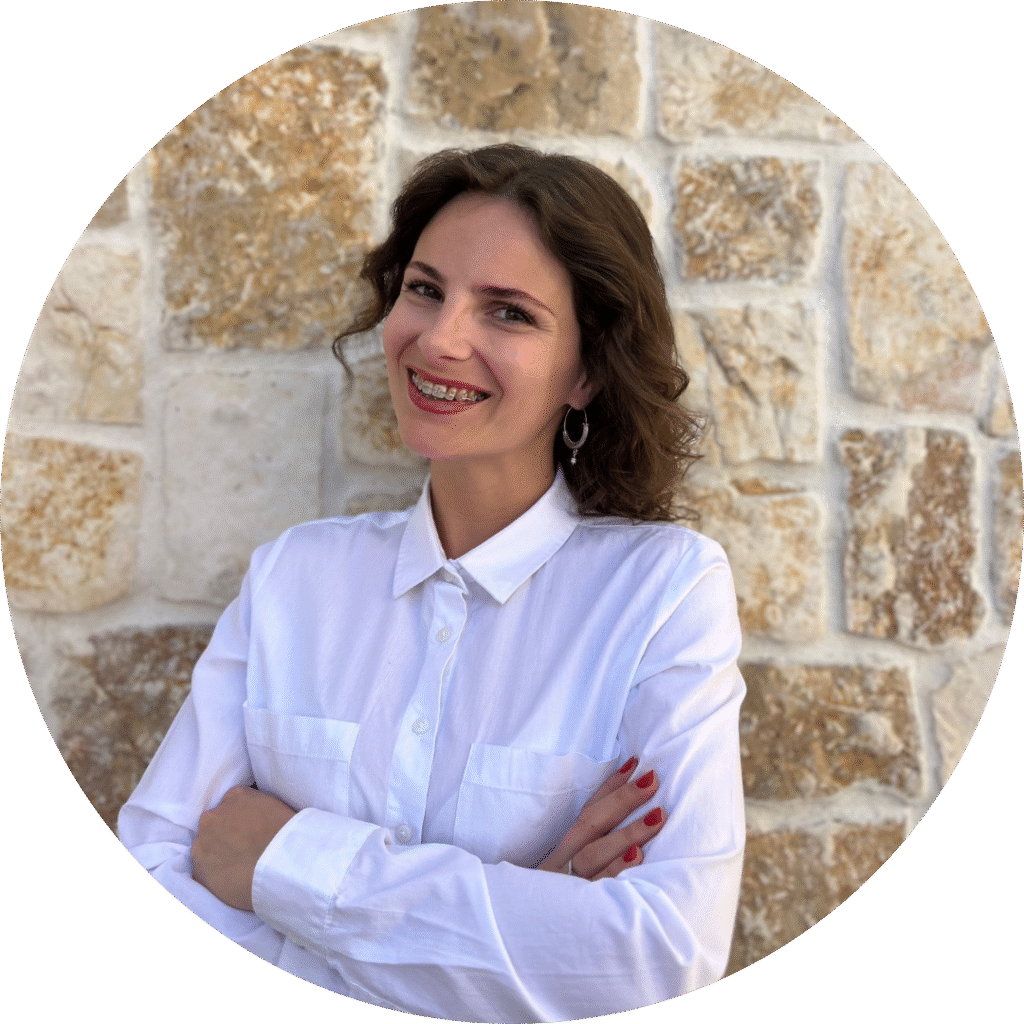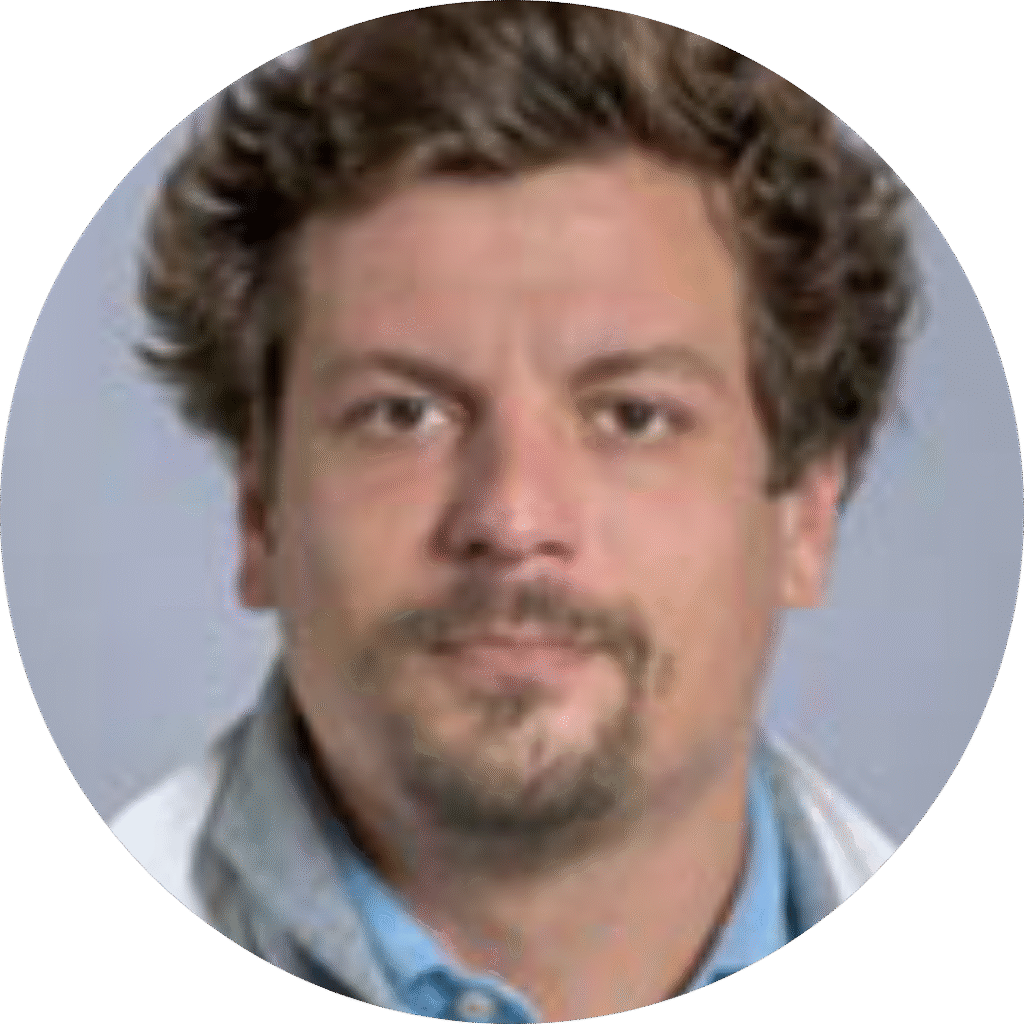Trigger Warning: This post contains mention of suicidal thoughts.
Not so long ago, talking about mental health was taboo. Much more than it is now.
There were no social media platforms spreading awareness or shedding light on that deeply human part of life. If you said you were seeing a psychologist or psychiatrist, you were immediately labelled as “crazy.” It was better to stay silent, keep your head down. Because if you were already struggling with your personal situation, the stigma only added to the weight that was already pulling you down.
Then came COVID-19: an unknown virus, lockdowns, uncertainty, loneliness, death, hopelessness, grief… It also meant starting to talk about mental health from a different perspective. It brought to light the most human, social, and vulnerable side of people. Mental well-being was given a value that — at least in my experience — had never been spoken about before.
Until the lockdown, I had never seen a psychologist on the news. They were talking about the psychological impact the pandemic could have on people — especially children, teenagers, and young people. For me, it was a moment of pure joy: finally, a part of life that had always been invisible was being recognized and brought into the light. Then came sadness — that it had to happen during a global emergency. And later, envy… because I didn’t have that option.
At 14, I lived with the constant fear of being rejected for having a diagnostic label.
Fear of not knowing what was happening to me.
Fear of not finding support.
Fear that no one would understand me.
Who could I ask for help?
How could I explain what I was feeling if I didn’t even understand it myself?
How do you tell your parents that you don’t want to live anymore?
I felt ashamed to talk about what I was going through.
I felt ungrateful, like I was ruining my own life.
I wanted to be okay, but I didn’t understand why I couldn’t.
Nothing worked. I couldn’t trick my mind — I couldn’t even fool myself.
I felt like my family looked at me differently — with pity.
It wasn’t the same anymore.
I felt like I carried a mark that made me different, not “normal,”
and I had the constant belief that I would feel that way for the rest of my life.
Spoiler alert: it didn’t turn out that way.
Thank God — and thanks to finding some amazing professionals — I’ve learned tools and strategies for my life, and how to adapt them to different moments and needs. I studied Psychology. And today, I proudly work in the field.
Years later, it’s incredible to see so many people, from different places and with such different lives, united by a common goal: youth mental health.
Being part of Youth-GEMs means being in a space where my story — and the stories of so many others — becomes a bridge for those who feel like they have nowhere else to go.
If, as a teenager, I had known that I wasn’t alone, that there were others with similar stories, that my voice mattered… everything would have been different.
Now, through Youth-GEMs, I want to be part of that difference for someone else.







